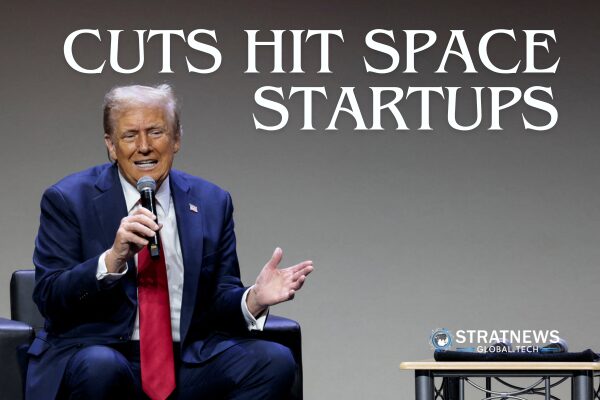US Budget Cuts Begin to Impact Space Startups
Space startups are beginning to feel the effects of US budget cuts. According to investment firm Seraphim Space, funding for these companies dropped by 12.5% in the first quarter of the year.
Contract Delays and Cancellations Cause Uncertainty
The Department of Government Efficiency, led by Elon Musk, along with the Trump administration, has been reducing spending. This has resulted in delays or cancellations of contracts across various federal agencies.
“Within certain government departments, uncertainty is causing delays as they assess which contracts to move forward with,” said Lucas Bishop, an investment analyst at Seraphim Space.
Government Contracts Have Been a Key Support
Over the past few years, government contracts have played a vital role in supporting space startups. These companies have benefited from increased demand for imaging and analytics, driven by growing geopolitical tensions.
Despite early optimism, that momentum appears to be fading. Seraphim Space pointed to President Donald Trump’s tariffs and the resulting market volatility as key factors creating hesitation among investors.
Investment Trends and Global Challenges
In the first quarter, space startups attracted $2.1 billion in investments. While this was higher than the final quarter of the previous year, most of the funding focused on companies building and operating space hardware, including rockets and satellites.
The largest fundraising rounds during this period came from Stoke Space and Loft Orbital, which together raised $430 million. Still, the overall mood in the industry has been cautious.
“More protectionist trade policies could slow development in the short term,” warned Robert Ambrose, a former NASA division chief and current chairman at Alliant Robotics. He noted that many key technologies — including propulsion systems and high-performance materials — rely on global supply chains.
Europe Shows Strong Growth Amid US Budget Cuts
Despite the US budget cuts, global investment in space startups rose 12% to reach $8.1 billion in the year to March. Europe saw especially strong growth. The number of deals there increased by nearly 50% in the first quarter, supported by larger European Union budgets and a renewed emphasis on self-reliance.
Ambrose added that in times of economic uncertainty, commercial spaceflight and technology firms have become increasingly important partners. They help deliver more affordable missions, which are vital during periods of reduced government spending.
with inputs from Reuters


